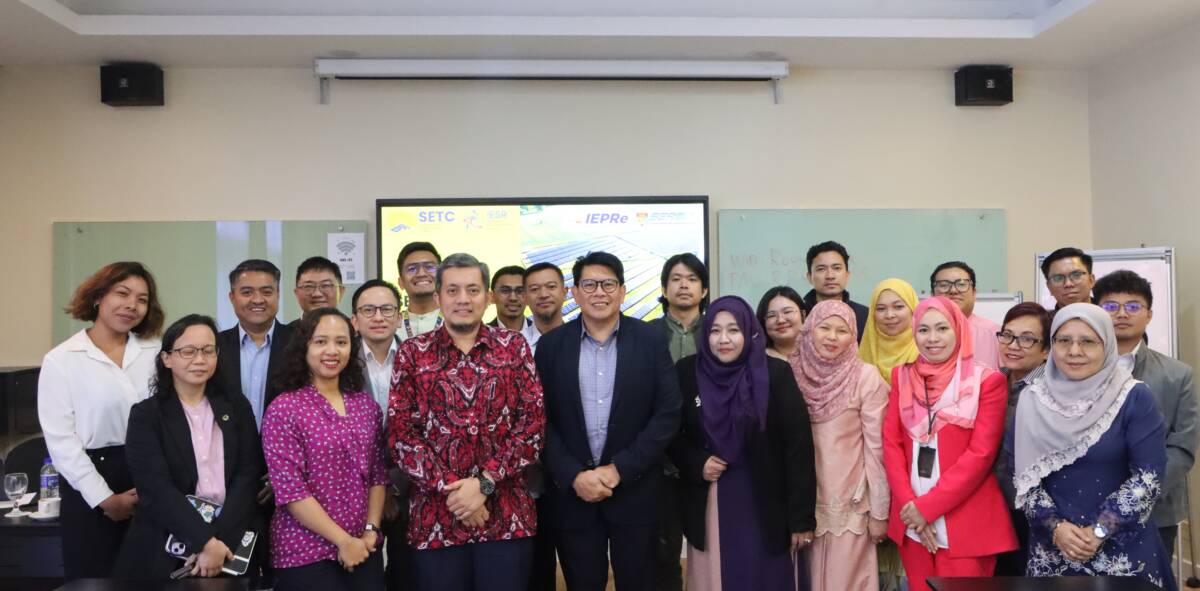Malaysia, 21 February 2025 – Malaysia’s ASEAN 2025 chairmanship has a number of priorities focuses in the energy sector. The idea of accelerating the ASEAN power grid, to the push to make ASEAN a semiconductor industry hub. Other supporting infrastructure such as the possibility of using new technologies, mobilizing funding, and mobilizing finance for renewable energy investment.
In a closed meeting organized by the Southeast Asia Energy Transition Coalition (SETC) with representatives of the Malaysian government, Dr. Nora Yusma Binti Mohamed Yusop, Director, Institute of Energy Policy and Research (IEPRe), Universiti Tenaga Nasional Malaysia said that SETC is discussing with various stakeholders in Malaysia to find out the priority agenda of Malaysia’s ASEAN chairmanship. She also added that SETC is looking for opportunities to submit recommendations for priority issues related to energy.
Fabby Tumiwa, Executive Director of the Institute for Essential Services Reform (IESR), stated that this dialogue and meeting is important to align understanding between parties.
“The transformation of the energy system in ASEAN is not merely an obligation to protect the environment but as a strategy for more sustainable economic growth,” said Fabby.
Fabby also added that ASEAN already has the resources, technological potential, and funding instruments to carry out this initiative. However, ASEAN (country leaders) must also make a strong commitment, regional cooperation, and strong real action on the commitments that have been promised.
Noor Iziddin Abdullah Bin Haji Ghazali, Head of Project Development & Management, North Consult Engineering, shared his experience of being involved in renewable energy projects in Malaysia, such as utility-scale solar power plants.
“International funding institutions usually have stricter and more comprehensive requirements and standards that include social and environmental analysis of renewable energy projects. Meanwhile, local financial institutions usually do not demand as many requirements as international institutions, but the amount of money that can be provided is relatively small,” said Noor Iziddin.
Malaysia is also considering various developments in energy technology including nuclear, as well as the development of energy demand which is projected to increase significantly with the rise of the data center industry and the massive use of artificial intelligence (AI).

